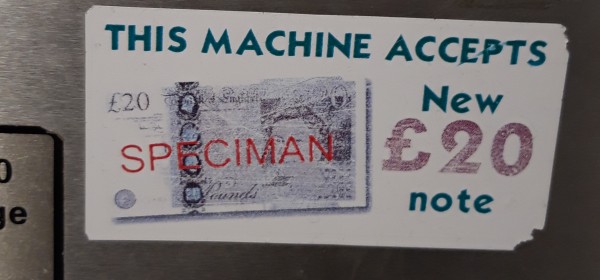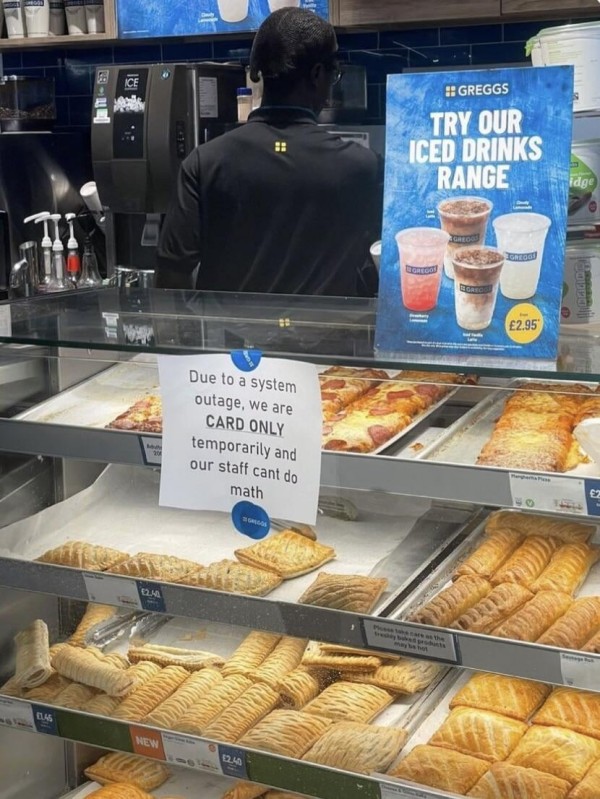Avian neighbours
Your ‘umble scribe is spending a few days beyond the confines of HM Open Prison United Kingdom staying with family in the Campo de Gibraltar. It’s his first time in the country for a few decades and a good chance to brush up on rusty spoken Spanish, as well as get some much-needed sun after a long, wet English winter.
Being out in the countryside, your correspondent has been amazed by the local birdlife, which features species that are never or rarely seen back home.
Firstly, let’s introduce the biggest of the local avian species, the Eurasian Griffon Vulture. These are described by my trusty half a century old Collins bird book as having a flight outline like a “tea tray in the sky“, stand as high as 1.22 metres high and have a wingspan up to 2.8 metres.
They are spotted throughout the day on the crags behind the house, as well as riding the thermals in large flocks.

It’s rather difficult to get a decent photo of them on a phone, so here’s a close-up from elsewhere.

The other 2 very impressive local birds are more colourful but slightly smaller: the golden oriole and the European bee-eater respectively.

Orioles are truly spectacular, flitting across the valley in a flash of gold and black. Although they do migrate to Britain, their distribution is rather limited, whilst your ‘umble scribe had four sightings in a couple of hours one afternoon.
Where the oriole impresses with its two-tone plumage, the bea-eater has colourful plumage reminiscent of a member of a 1970s psychedelic rock band.

These birds are not regular migrants to Britain, but have bred on several occasions in recent years, according to the RSPB. Down in southern Spain, it can sound as if there’s one in just about every shrub at times!




 In the twenty-first century digital sovereignty has become a matter of political importance to the north German federal state of Schleswig-Holstein.
In the twenty-first century digital sovereignty has become a matter of political importance to the north German federal state of Schleswig-Holstein.


 Backbench Tory MP Robert
Backbench Tory MP Robert 

 In recent days, pastry products purveyor Greggs suffered an IT outage that left shops unable to process certain types of payment,
In recent days, pastry products purveyor Greggs suffered an IT outage that left shops unable to process certain types of payment, 